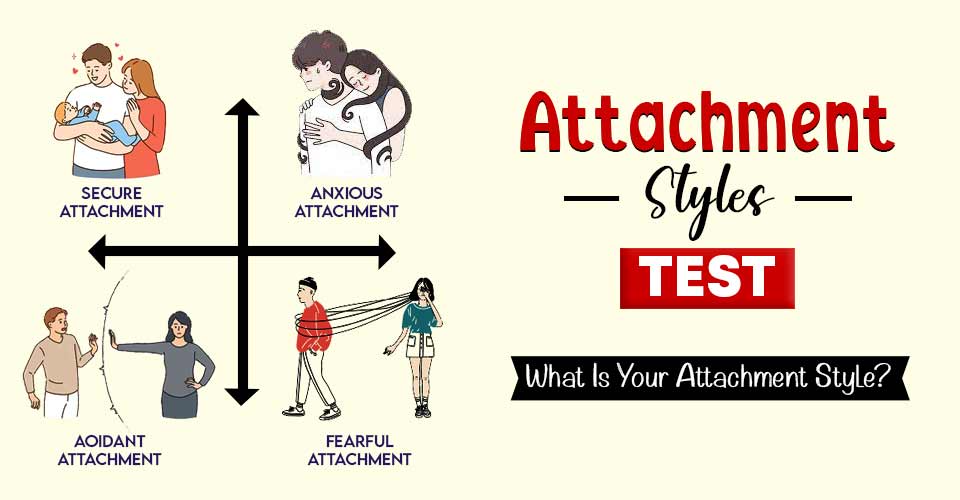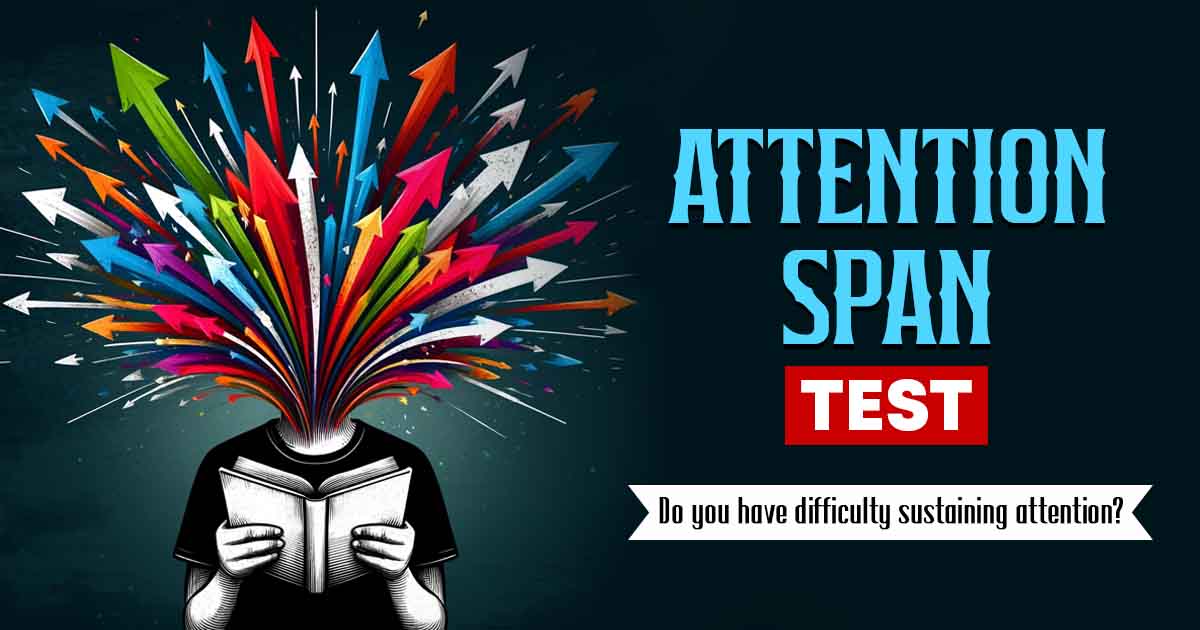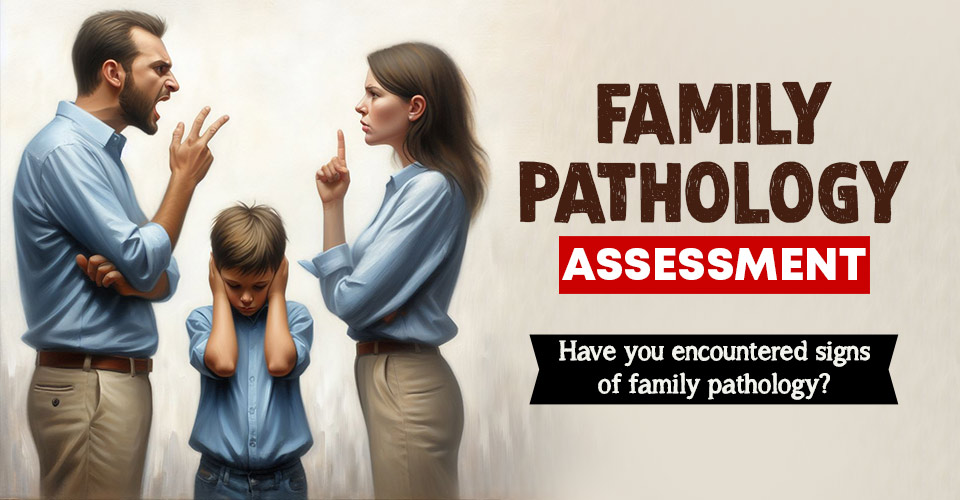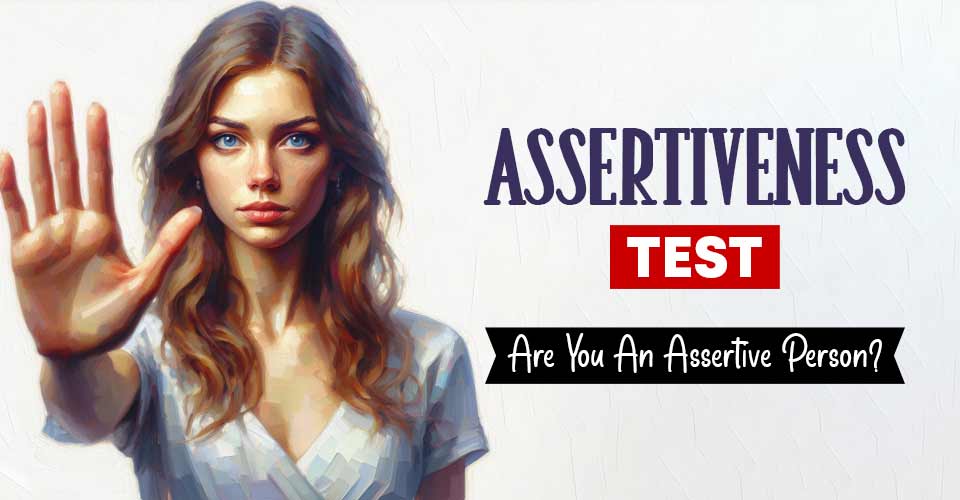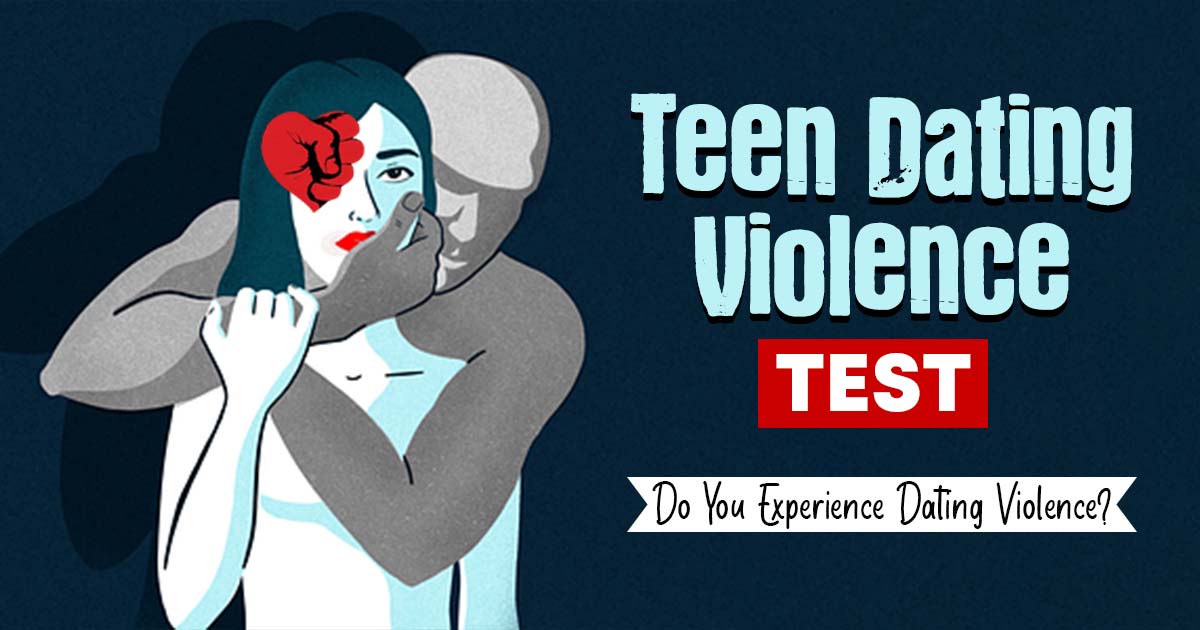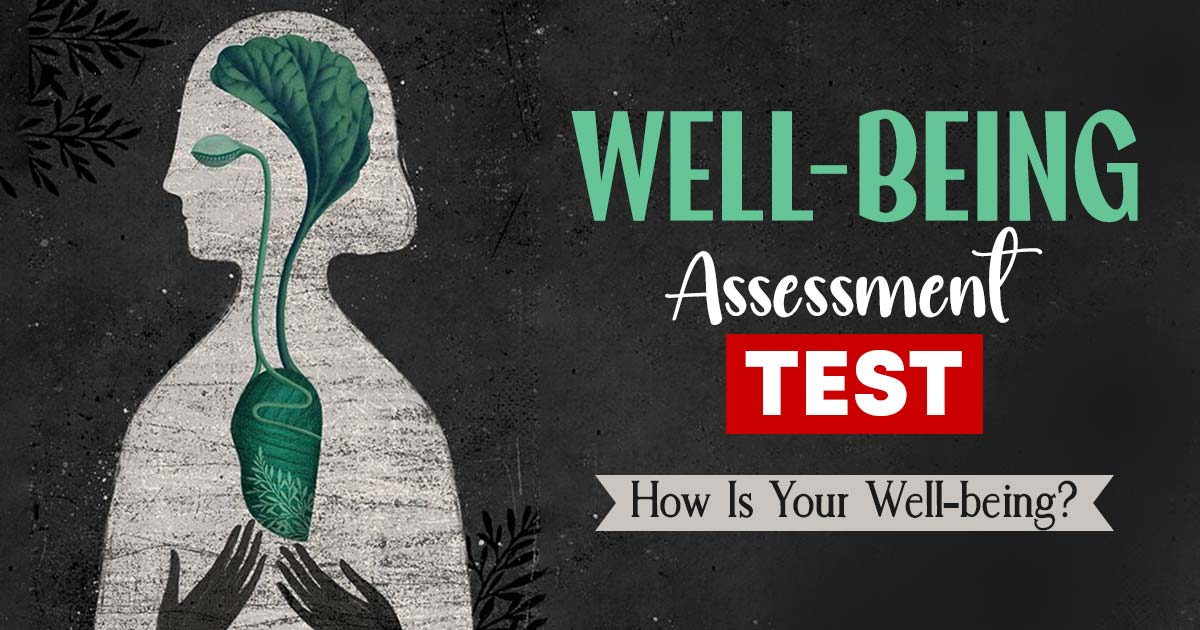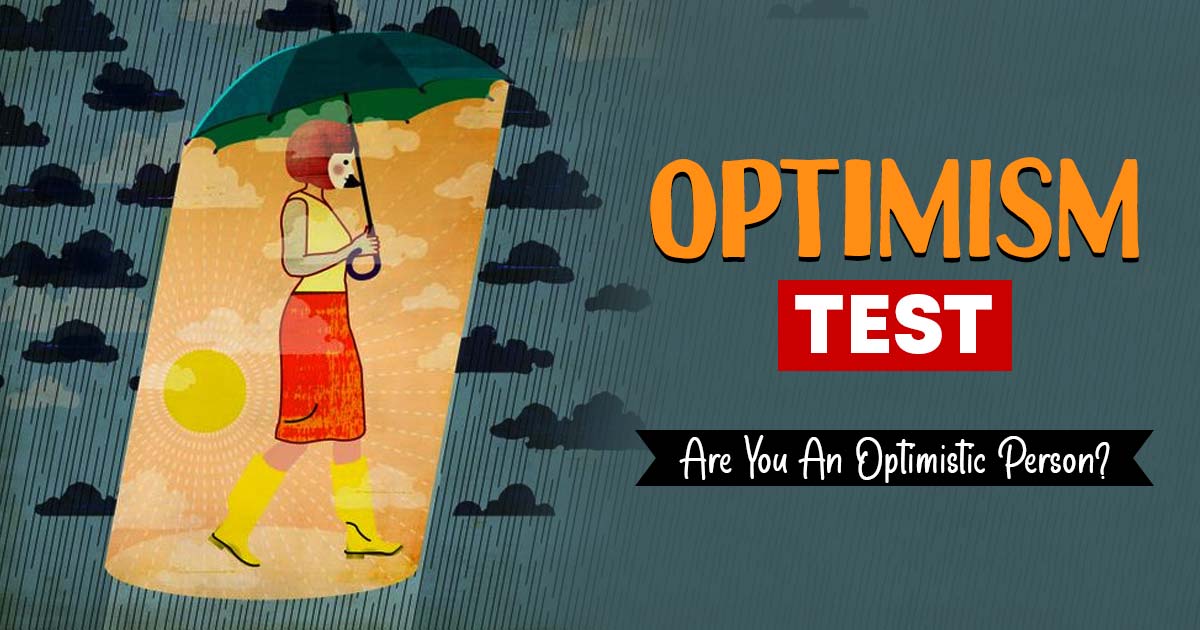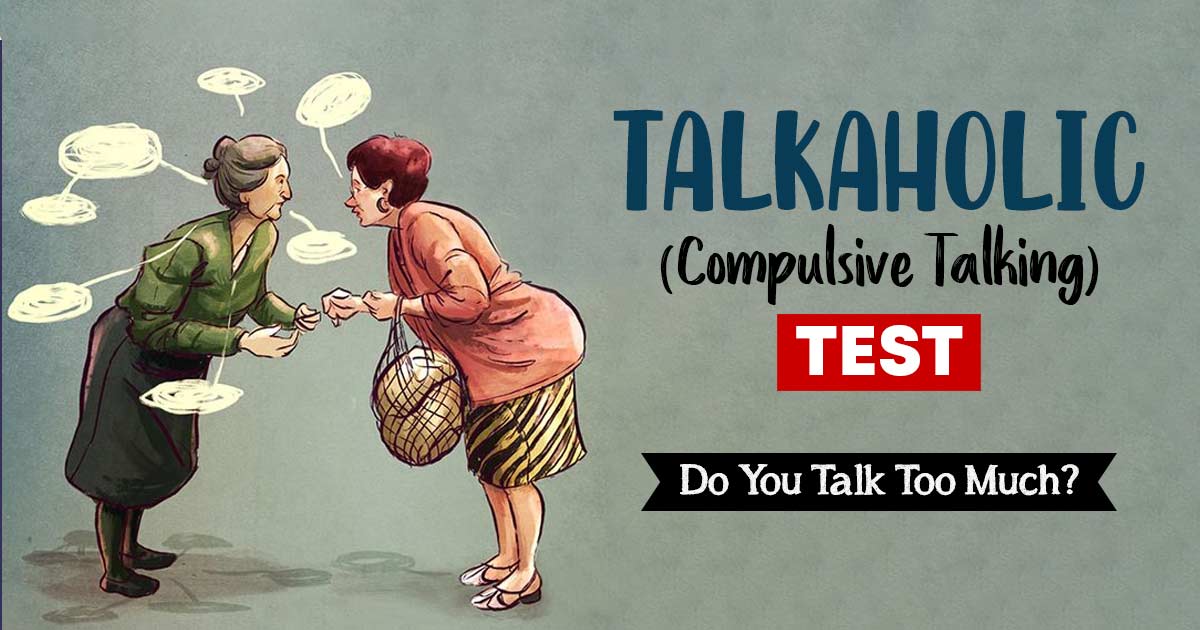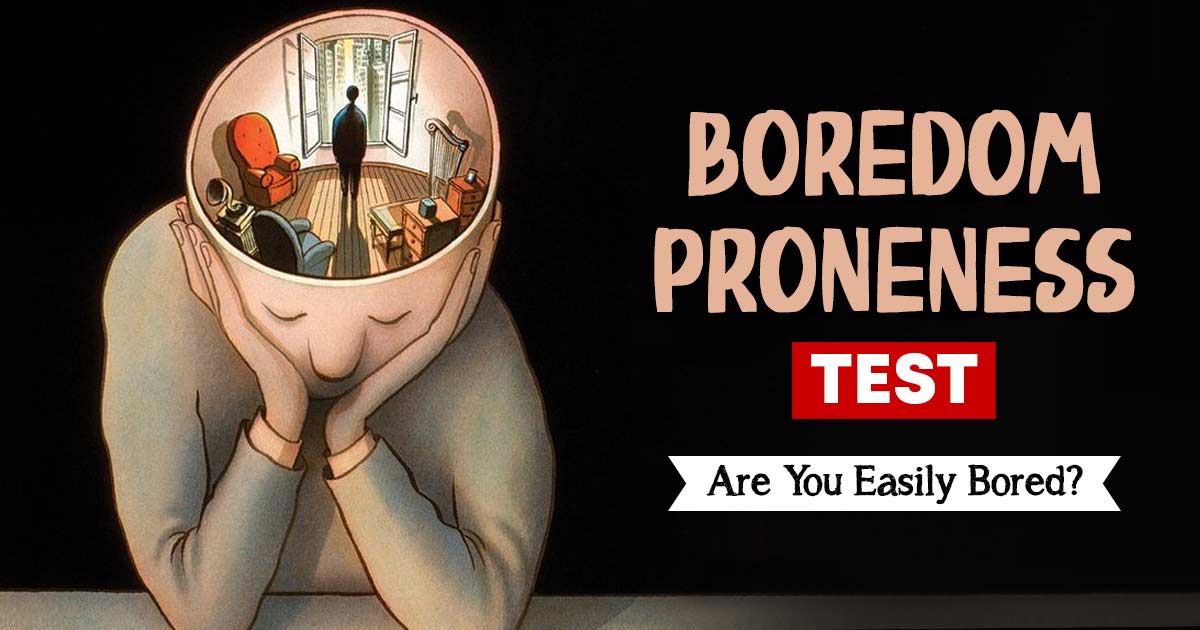Are you more anxious and less satisfied with your relationships? Do you see attachment as a weakness? Or are you desperate for a fairy tale love? Take this free attachment style test to determine your attachment style.
Knowing your attachment style is the first step to creating more meaningful connections, feeling valued, and developing more harmony in your relationships!
What Is Attachment Styles?
Attachment styles define how we connect with others. It influences the way we react, interact, respond and behave with other people.
According to Bowlby’s attachment theory, our attachment styles are shaped during the early stages of childhood and are dependent on our relationship with our primary caregivers. It includes how we respond to others emotionally through our behaviors and interactions as adults.
The quality of attachment is greatly determined by the parental response to the infant when they are distressed. There are four main attachment styles –
1. Secure Attachment – When a child feels secure and accepted by their primary caregivers. It is formed when a parent consistently attends to the child’s needs.
2. Dismissive Attachment – When a child feels abandoned by their primary caregiver. The caregiver fails to attend to the emotional needs of the child.
3. Anxious/Preoccupied Attachment – It is formed due to an inconsistent parenting style. The child feels anxious when separated from parents and are hard to console even after they return.
4. Fearful avoidant/ disorganized attachment – It is a combination of both anxious attachment and dismissive attachment style. Children with this attachment style grow up believing that they are unworthy of love.
The style of attachment is passed down from generation to generation. Children learn emotional bonding from their parents.
Hence, it is crucial to pay attention to how you are comforting your children when they are in distress. This plays a significant role in the child’s future relationships and how they relate and connect to their own children.
Read More About Attachment style Here
Instructions For Taking Attachment Style Test Online
Below is a list of questions that relate to Attachment-style of an individual in different areas of life. Please read each question carefully, and select the option that suits you most.
Assessment Summary
0 of 20 Questions completed
Questions:
Information
You have already completed the assessment before. Hence you can not start it again.
Assessment is loading…
You must sign in or sign up to start the assessment.
You must first complete the following:
Results
Results
Your time:
Time has elapsed
You have reached 0 of 0 point(s), (0)
Earned Point(s): 0 of 0, (0)
0 Essay(s) Pending (Possible Point(s): 0)
Categories
- Mental Health Assessment 0%
-
Secure Attachment Style
Your answer suggests you have a secure attachment style. You tend to build relationships based on trust. You have high self-esteem and enjoy intimate relationships. You seek out social support and are comfortable to share feelings with other people. You are empathetic and able to set appropriate boundaries. You are able to communicate your emotions without reservations. You are sensitive, warm and caring. You are also comfortable in long term intimate relationships. You understand your self worth and are not afraid to share your feelings, hopes or dreams with your partner.
Want to learn more?
Would you like to learn more about your attachment style and how it affects your relationships? There are a number of factors that impact our attachment style. Our team of trained professionals and highly qualified psychologists, will help you develop a better understanding of your attachment style, and help you to improve yourself and your relationships. Please contact our psychologists for a full and accurate diagnosis.
You can use our Mood Tracker to stay mindful of your mood every day, identify your innermost thoughts & emotions on a daily basis. It will aid you in doing all the things you love, while limiting activities that might dampen your mood.
-
Dismissive Attachment Style
Your answer suggests that you have a dismissive attachment style. Whether it involves emotional expression or developing a deep intimate bond, you tend to get uneasy when a relationship starts to develop. You are also not entirely comfortable relying on your partner when necessary. You also don’t like having him/her dependent upon you in times of need. You have strict boundaries and are usually emotionally distant. You dislike opening up to your partners or friends. Your childhood fear of being abandoned triggers your emotions. Hence, you tend to push your partner away and later try to win them back. You may also have a few close friendships due to your fear of losing them.
Want to learn more?
Would you like to learn more about your attachment style and how it affects your relationships? There are a number of factors that impact our attachment style. Our team of trained professionals and highly qualified psychologists, will help you develop a better understanding of your attachment style, and help you to improve yourself and your relationships. Please contact our psychologists for a full and accurate diagnosis.
You can use our Mood Tracker to stay mindful of your mood every day, identify your innermost thoughts & emotions on a daily basis. It will aid you in doing all the things you love, while limiting activities that might dampen your mood.
-
Anxious/ Preoccupied Attachment Style
Your answer suggests you have an anxious/preoccupied attachment style. You may feel compelled to demand assurance and validation that you are special to your partner in an attempt to ease your anxiety. You may experience feelings of emotional hunger toward your partner. You are extremely sensitive to subtle changes in the relationship dynamics, behaviors and patterns. You have an intense desire to seek emotional intimacy and get upset when those desires are not met. You also tend to seek constant validation from your partner. In case these needs are unmet, you tend to immediately doubt the longevity of the relationship.
Want to learn more?
Would you like to learn more about your attachment style and how it affects your relationships? There are a number of factors that impact our attachment style. Our team of trained professionals and highly qualified psychologists, will help you develop a better understanding of your attachment style, and help you to improve yourself and your relationships. Please contact our psychologists for a full and accurate diagnosis.
You can use our Mood Tracker to stay mindful of your mood every day, identify your innermost thoughts & emotions on a daily basis. It will aid you in doing all the things you love, while limiting activities that might dampen your mood.
-
Fearful Avoidant/Disorganized Attachment
Your answer suggests you have a disorganized attachment style. You tend to distrust other people and their intentions. You also have an extreme fear of rejection. You have an intense desire for intimate connections. However, you also put up walls to protect yourself from getting hurt. You have low self worth and lack self esteem. You also have poor coping skills and behave irrationally. You experience difficulty in dealing with life challenges and relationship issues.
Want to learn more?
Would you like to learn more about your attachment style and how it affects your relationships? There are a number of factors that impact our attachment style. Our team of trained professionals and highly qualified psychologists, will help you develop a better understanding of your attachment style, and help you to improve yourself and your relationships. Please contact our psychologists for a full and accurate diagnosis.
You can use our Mood Tracker to stay mindful of your mood every day, identify your innermost thoughts & emotions on a daily basis. It will aid you in doing all the things you love, while limiting activities that might dampen your mood.
- 1
- 2
- 3
- 4
- 5
- 6
- 7
- 8
- 9
- 10
- 11
- 12
- 13
- 14
- 15
- 16
- 17
- 18
- 19
- 20
- Current
- Review
- Answered
- Correct
- Incorrect
-
Question 1 of 20
1. Question
I get emotionally attached with other people
-
Question 2 of 20
2. Question
I freak out when a partner asks for commitment
-
Question 3 of 20
3. Question
I am unable to establish personal boundaries
-
Question 4 of 20
4. Question
I engage in people pleasing behaviors and disregard my own interests
-
Question 5 of 20
5. Question
I feel anxious, abandoned, wounded, and/or furious when I am alone.
-
Question 6 of 20
6. Question
I let others to decide for me
-
Question 7 of 20
7. Question
I want other people to depend on me
-
Question 8 of 20
8. Question
I feel loved and comfortable with the people I belong to
-
Question 9 of 20
9. Question
I am willing to work out our differences with my lost people
-
Question 10 of 20
10. Question
I prefer not to recollect and share my thoughts about prior attachment situations
-
Question 11 of 20
11. Question
I tend to expect the worst out of relationships
-
Question 12 of 20
12. Question
I feel hesitant to express my actual emotions with others
-
Question 13 of 20
13. Question
I feel insecure in a relationship
-
Question 14 of 20
14. Question
I desire for partners whom I wouldn’t get
-
Question 15 of 20
15. Question
I tend to pick fights with other people because of my Anxiety
-
Question 16 of 20
16. Question
I prefer casual sex over committed relationship
-
Question 17 of 20
17. Question
People complain that I try to control them
-
Question 18 of 20
18. Question
It freaks me out when someone asks for a commitment
-
Question 19 of 20
19. Question
I am proud of being someone who is self-sufficient and doesn’t need others
-
Question 20 of 20
20. Question
I tend to lose myself in a relationship

